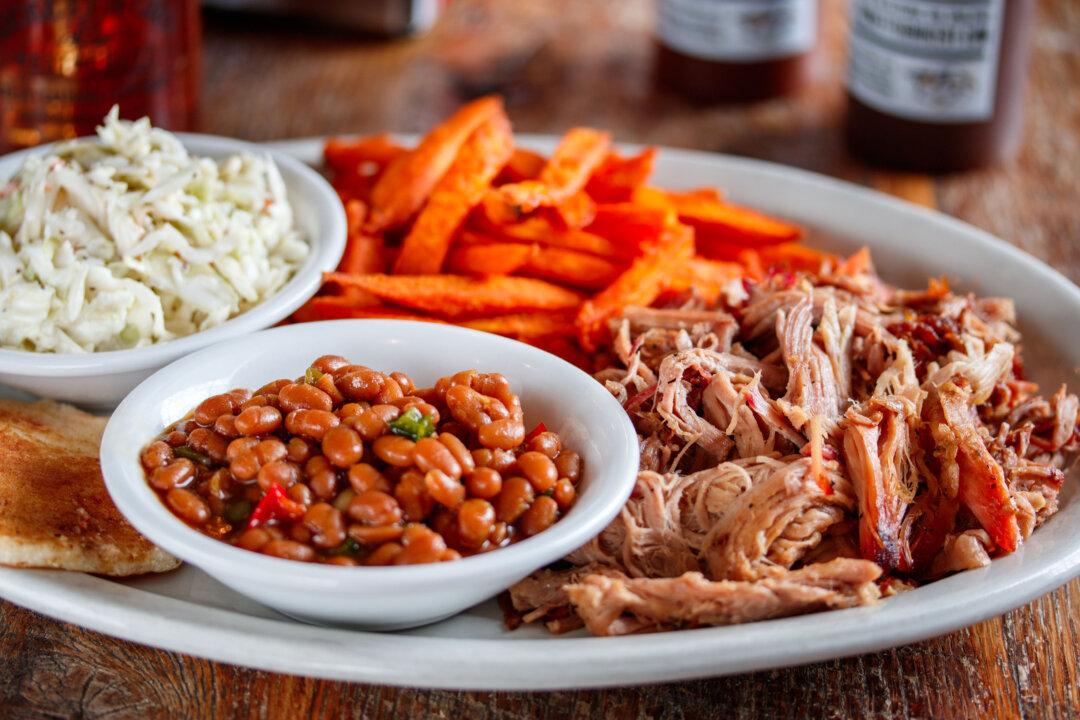Every few minutes, Kahlil Arnold loudly greets a patron walking into his family’s restaurant—usually a familiar face he already knows by name. One summer afternoon in 2021, he spotted his sister’s high school music teacher, WC, sitting at the counter, chatting with said sister. “WC has been coming here since my dad was running the place,” he said.
Kahlil’s father, Jack Arnold, opened Arnold’s Country Kitchen in 1982, after buying the place from a local restaurateur. Since then, it has become a Nashville institution, drawing in blue-collar workers, business types, and country music stars alike. In a television segment (that never made it to air), Dolly Parton herself picked Arnold’s as her favorite place to eat in Nashville.
Arnold’s is a “meat-and-three” restaurant, once a common presence throughout the South. They have faded away in recent decades, but somehow, they still survive in Nashville, Tennessee. Music City is a place where locals and visitors alike are unabashed in expressing their love, not only for a fully-invented-in-America genre of music—country music—but also for a good meat-and-three platter at places where community still holds strong.






